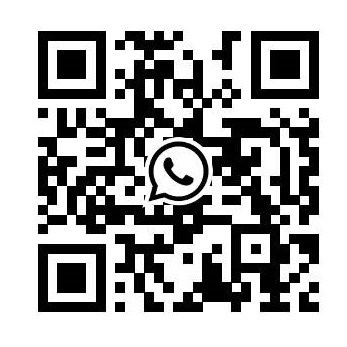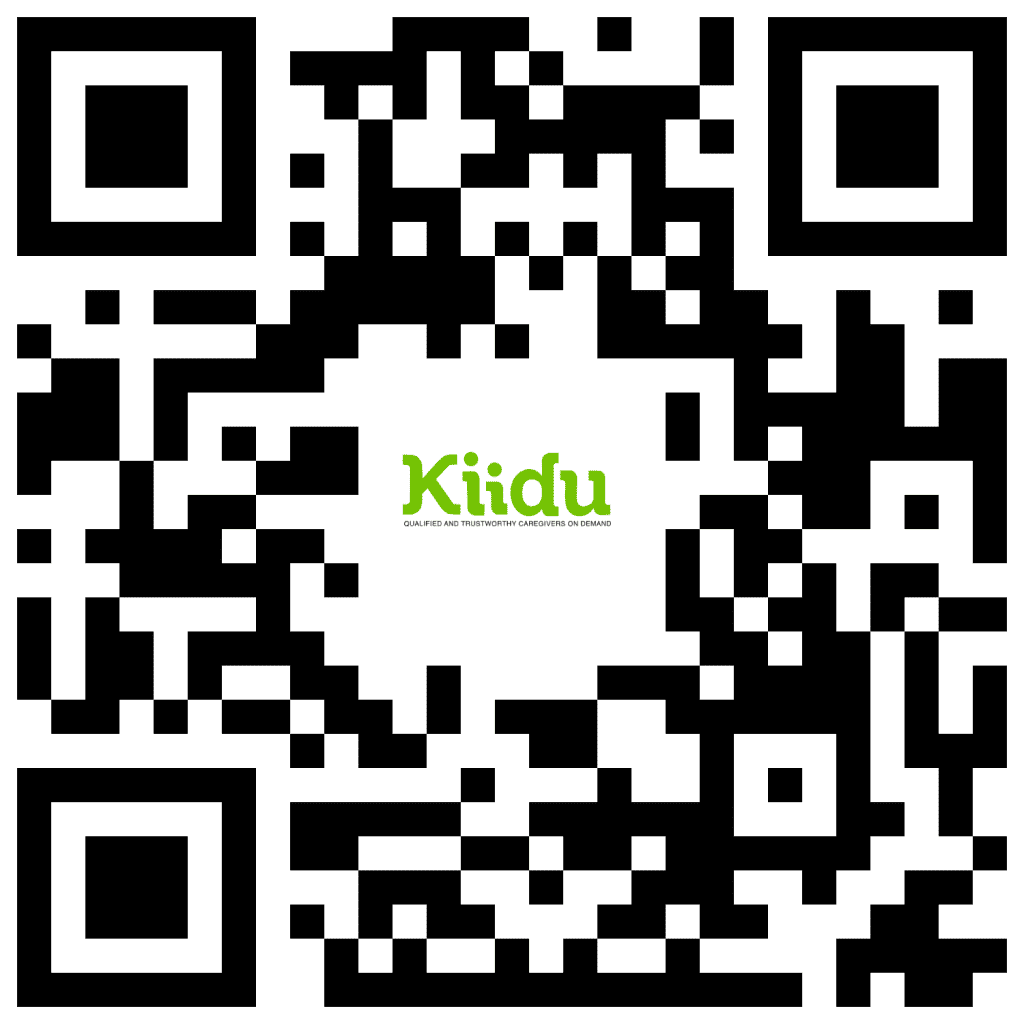news
Qualified and trustworthy network for your family.
We’ve connected thousands of families and caregivers since 2015.
Qualified and trustworthy network for your family.
We’ve connected thousands of families and caregivers since 2015.
Check our support pages
WhatsApp +66972348490
Call +66 20013846

